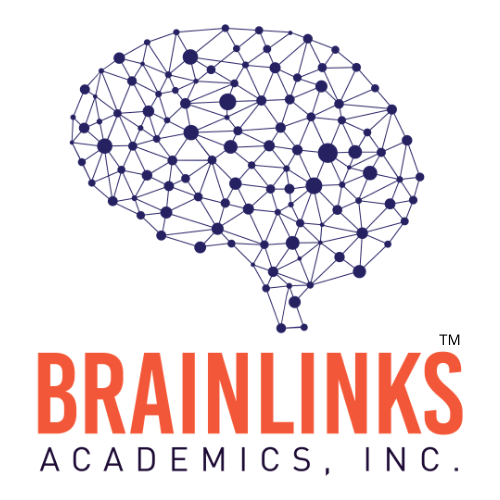Five Things Parents Should Know About Dyslexia
Each week Stacey Masliansky, owner and founder of Brainlinks Academics, Inc shares insight on topics, questions, and concerns that she frequently encounters in her work as a licensed Reading Specialist and tutor.
I began my career in education teaching Language Arts to high school students. While a goal of mine was always to differentiate my reading and writing lessons to meet the many needs of learners in my classroom, I quickly realized that sometimes it just wasn’t enough. I found myself seeking other ways to reach students that struggle with decoding, comprehension, and self-expression. This led me to get my SLANT (Structured Language Training) System Certification and eventually start Brainlinks Academics to provide the kind of instruction that truly allows kids to learn and flourish.
Sometimes I find that I’m educating parents almost as much as their kids...this is especially true when it comes to misconceptions about learning disabilities. Today I want to peel back the pedagogical curtain on dyslexia. So many myths exist about the early signs, diagnosis, interventions, and long-term prognoses; let’s debunk a few right here with the help of understood.org:
Myth: Dyslexia is rare. Fact: The International Dyslexia Foundation states that between 15% and 20% of the population have a language-based learning disability, dyslexia being the most common of these. The United States Department of Health and Human Services estimates that 15% of the U.S. population has dyslexia.
Myth: There are no known causes of dyslexia. Fact: Researchers haven’t yet pinpointed exactly what causes dyslexia. But they do know that genes and brain differences play a role.
Myth: There are no early warning signs of dyslexia. Fact: Preschoolers can show early warning signs of dyslexia long before they start reading. That’s because dyslexia can affect a variety of language skills that are the building blocks for learning.
Myth: Dyslexia is incurable. Fact: While dyslexia is a lifelong learning disability, early, intensive, and systematic intervention can help a student keep up and retain his grade level in school, as well as minimize the negative effects dyslexia can have, such as poor self-concept as a learner.
Myth: Smart people can’t be dyslexic. Fact: Dyslexia and intelligence are NOT connected.
Learning, like parenting, is a lifelong process. We all want our kids to feel confident in and out of the classroom. If you find that your child is struggling with reading and/or writing in ways that can’t be met with teacher instruction, or even if you just have a few questions or want help making sense of what you see when your child sits down to do homework, you can always find me at brainlinksacademics.com.
Stacey

